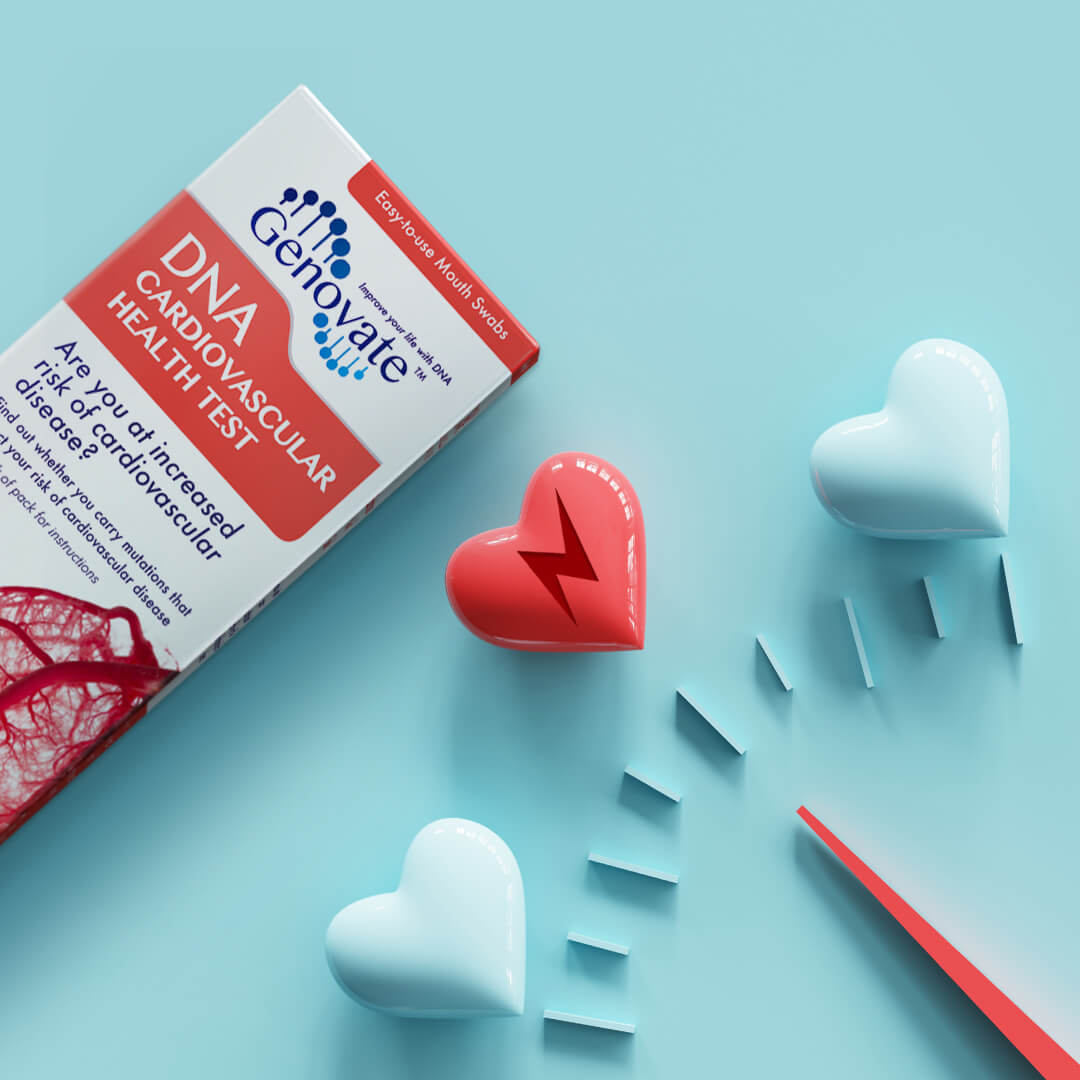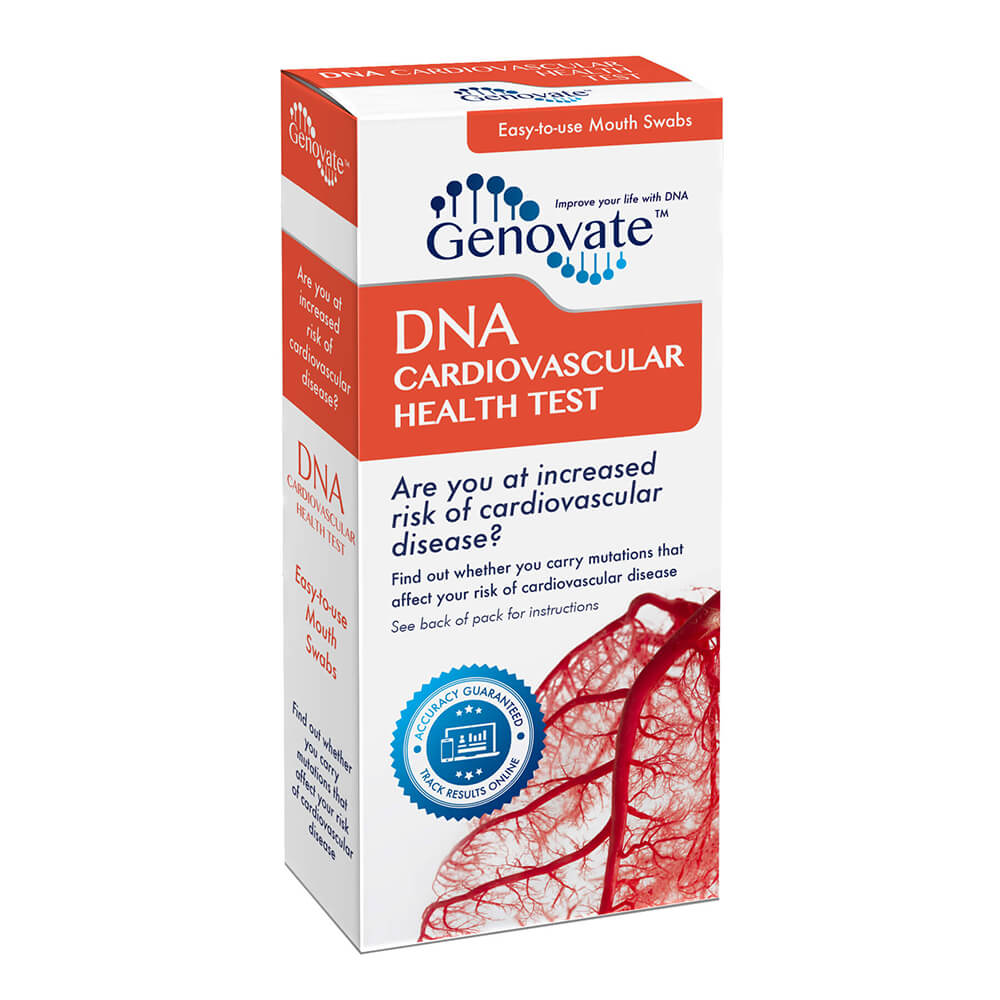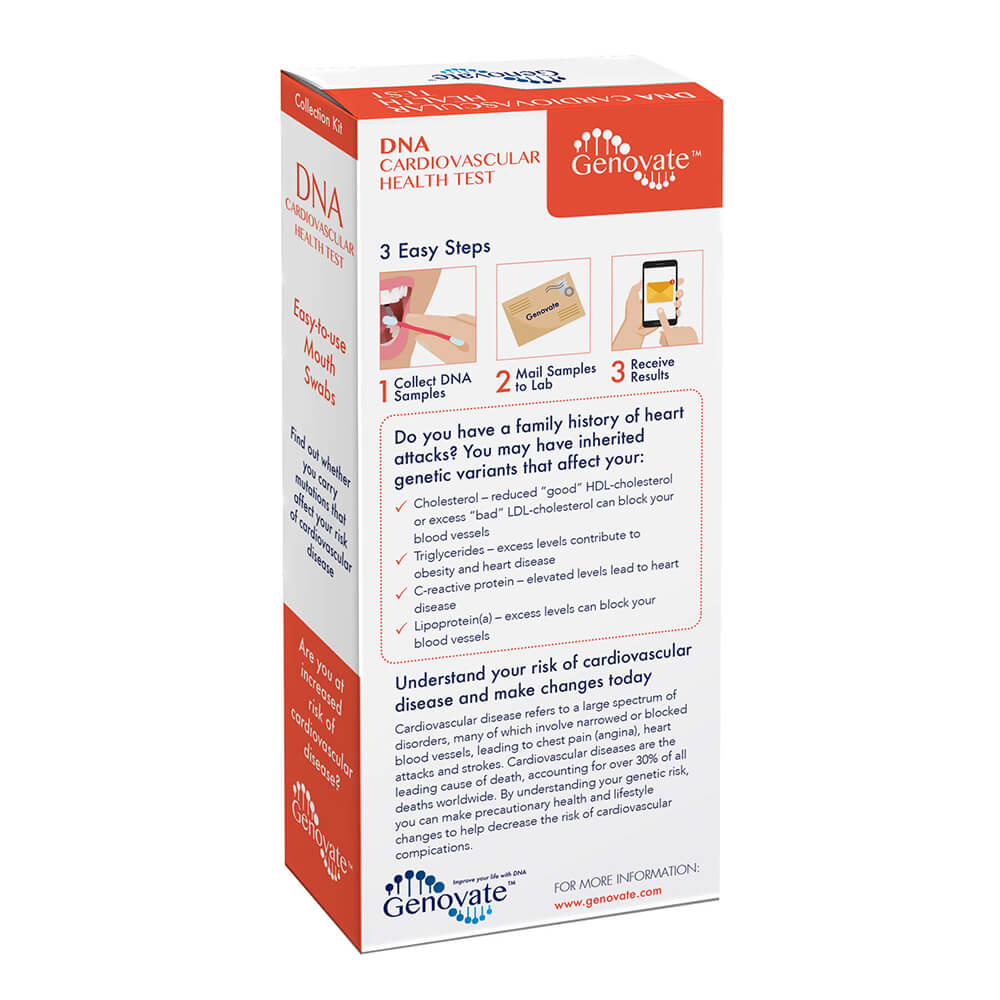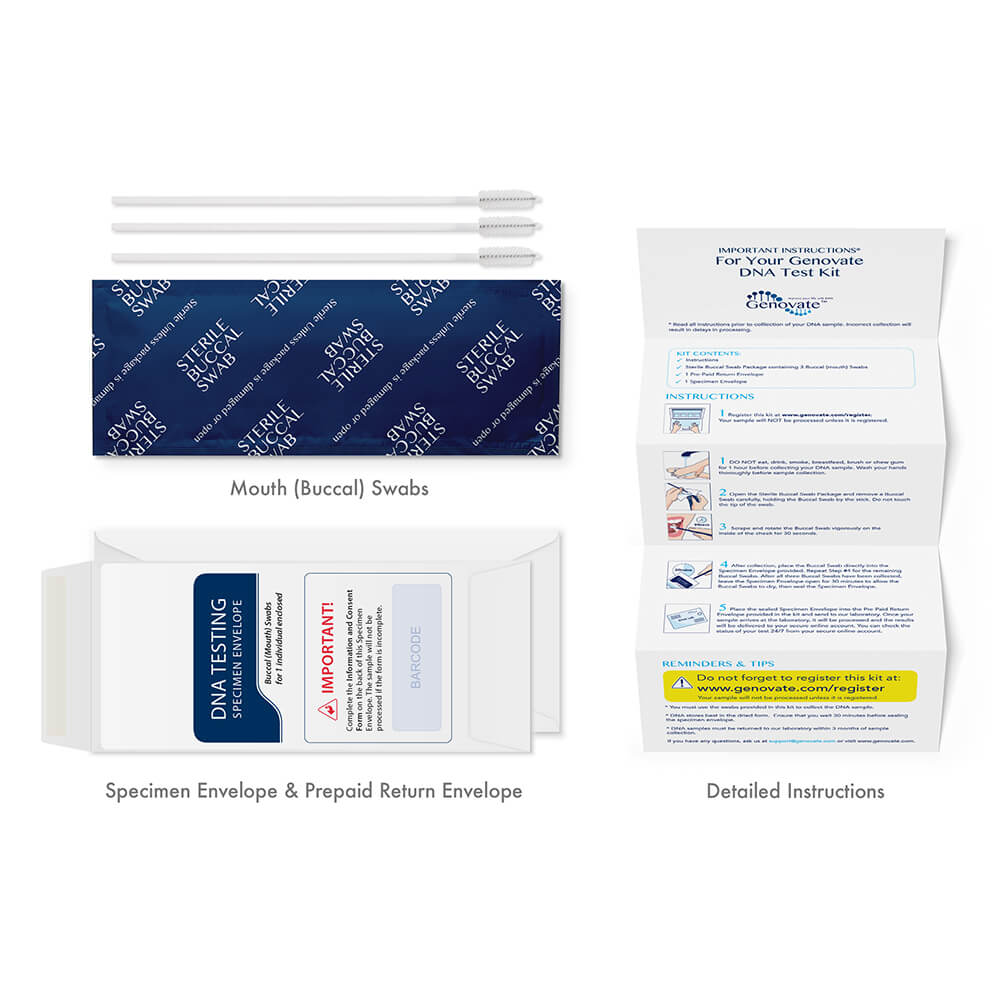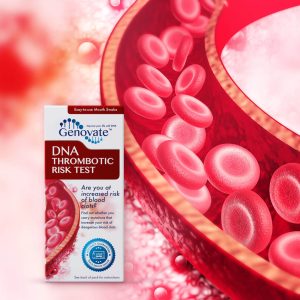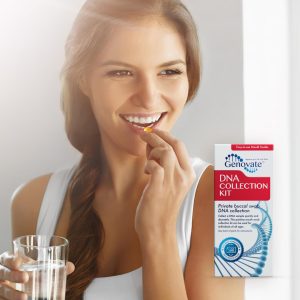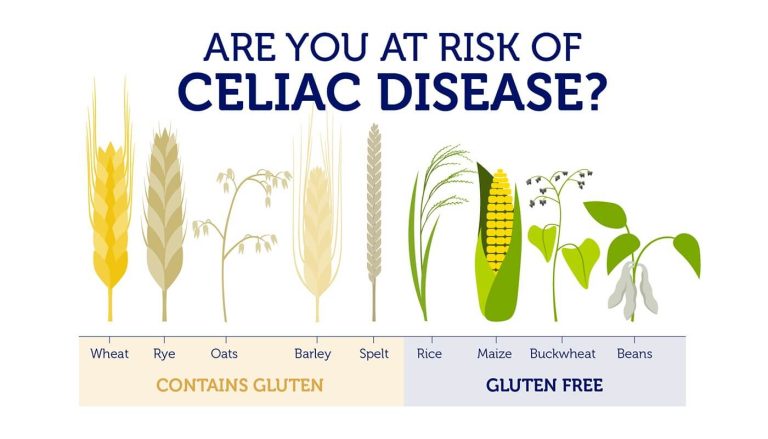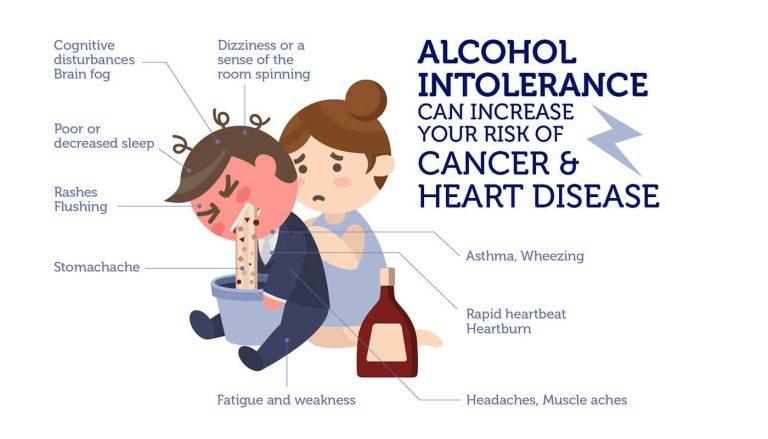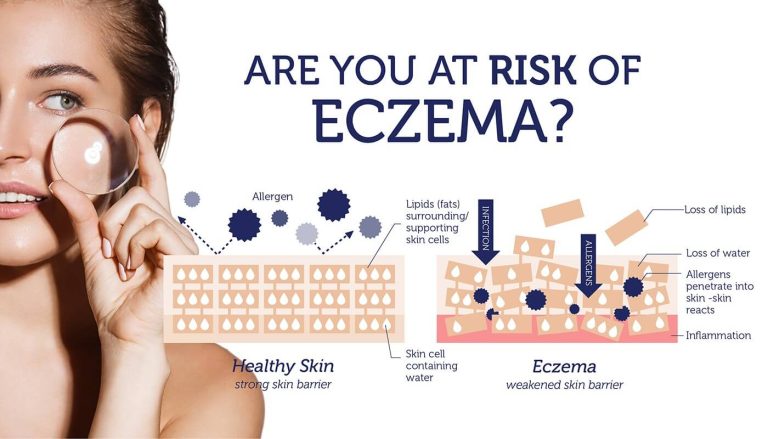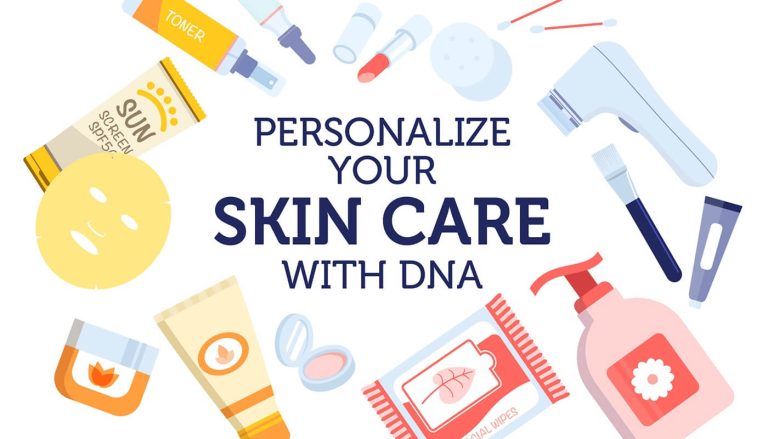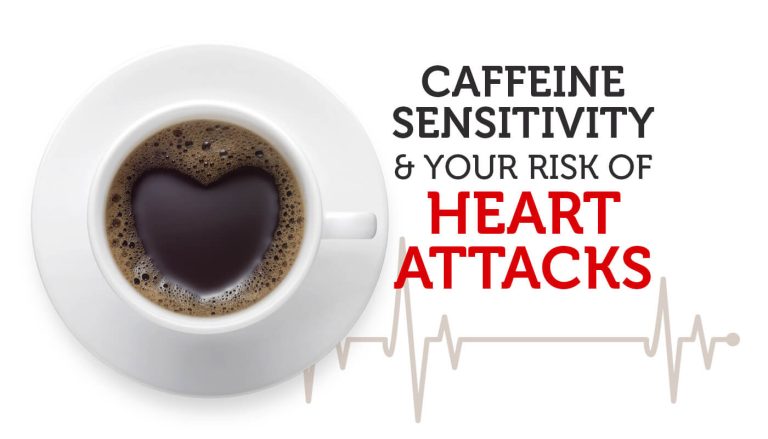
DNA Cardiovascular Health Test
$349.00
By Genovate
Detailed Description
Cardiovascular disease refers to a large spectrum of disorders, many of which involve narrowed or blocked blood vessels, leading to chest pain (angina), heart attacks and strokes.
Cardiovascular diseases are the leading cause of death amounting to over 30% of all deaths worldwide. Lifestyle choices, such as physical inactivity, unhealthy eating habits and smoking, can all increase the risk of heart problems. But there are also “hidden” factors (i.e. certain genetic variants) that can also predispose to heart attacks.
A simple mouth swab is all we need to find out whether you have inherited DNA changes that affect the health of your heart.
Family history is important when assessing your risk of cardiovascular disease, because genes can influence your risk of a heart attack. Find out if you are at risk with the DNA Cardiovascular Health Test.
• Includes genetic variants linked to lipid levels such as cholesterol and triglycerides
• Understand your risk and make changes to protect your heart health
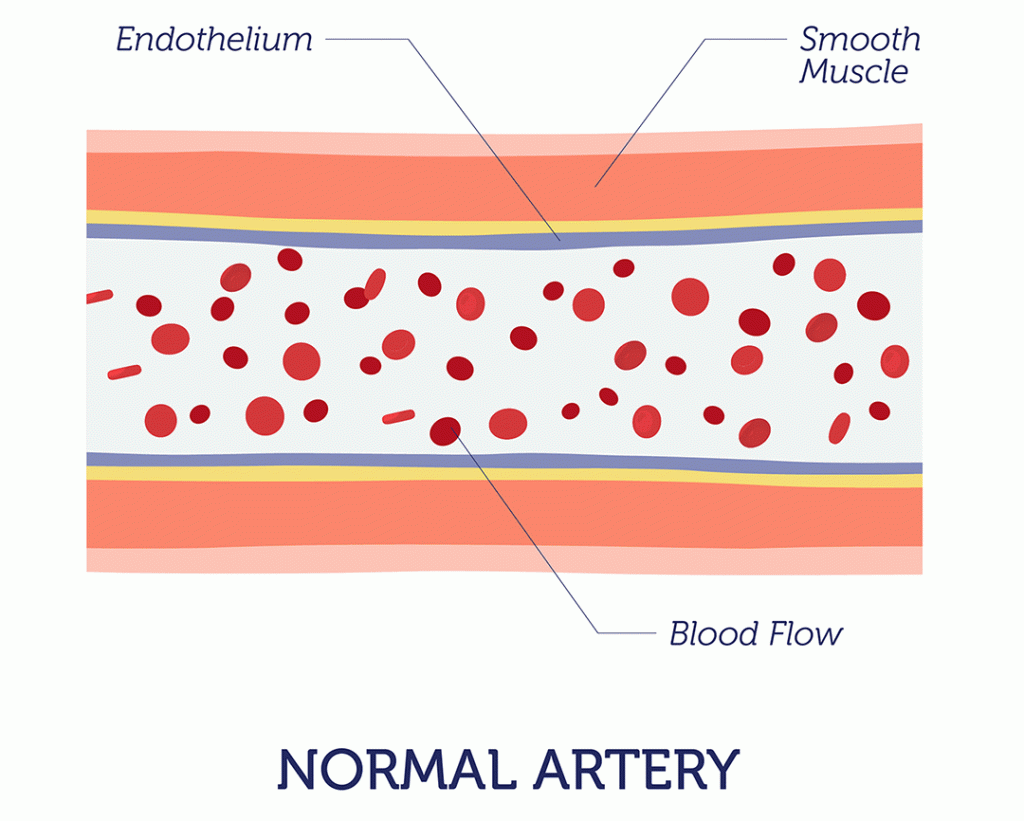
The Genetics
Many genetic variants are linked to cardiovascular disease. Some of these variants increase the risk of cardiovascular disease, while others have a protective effect.
Genes analyzed in this test:
| Gene(s) Tested | Effect |
| ANGPTL4, APOA5, FADS1, GALNT2, HNF4A, LIPG, MMAB | Reduced “good” HDL-cholesterol |
| CETP, LCAT, LIPC, LPL | Elevated “good” HDL-cholesterol |
| APOB, FADS1, LDLR, NCAN, PCSK9, SORT1, SUGP1 | Reduced “bad” LDL-cholesterol |
| HMGCR, HNF1A, TRIB1 | Elevated “bad” LDL-cholesterol |
| LPA | Elevated lipoprotein(a) |
| CRP, GCKR | Elevated C-reactive protein (CRP) |
| APOA5, FADS1, GALNT2, GCKR, NOS3, TRIB1 | Elevated triglycerides |
| ANGPTL3, LPL, MLXIPL, NCAN | Reduced triglycerides |
| 9p21 | Decreased control of cell proliferation |
Discover More
Factors that affect your cardiovascular health:
- Cholesterol – A fat-like substance that is produced in our body and acquired from some foods. It is transported around the body in two kinds of lipoproteins – HDL and LDL. Reduced “good” HDL-cholesterol or excess “bad” LDL-cholesterol leads to cholesterol accumulation in the arteries, resulting in narrowed or blocked blood vessels.
- Triglycerides – Obtained from the digestion and breakdown of fats in food. They make up the majority of fat deposits in the body. Excess triglycerides contribute to obesity and heart disease.
- C-reactive protein (CRP) – A substance produced by the liver that increases during an inflammatory response. Elevated CRP levels can lead to heart disease.
- Lipoprotein(a) – A type of lipoprotein similar to “bad” LDL. It is rich in cholesterol and excess levels increase the risk of cardiovascular disease.
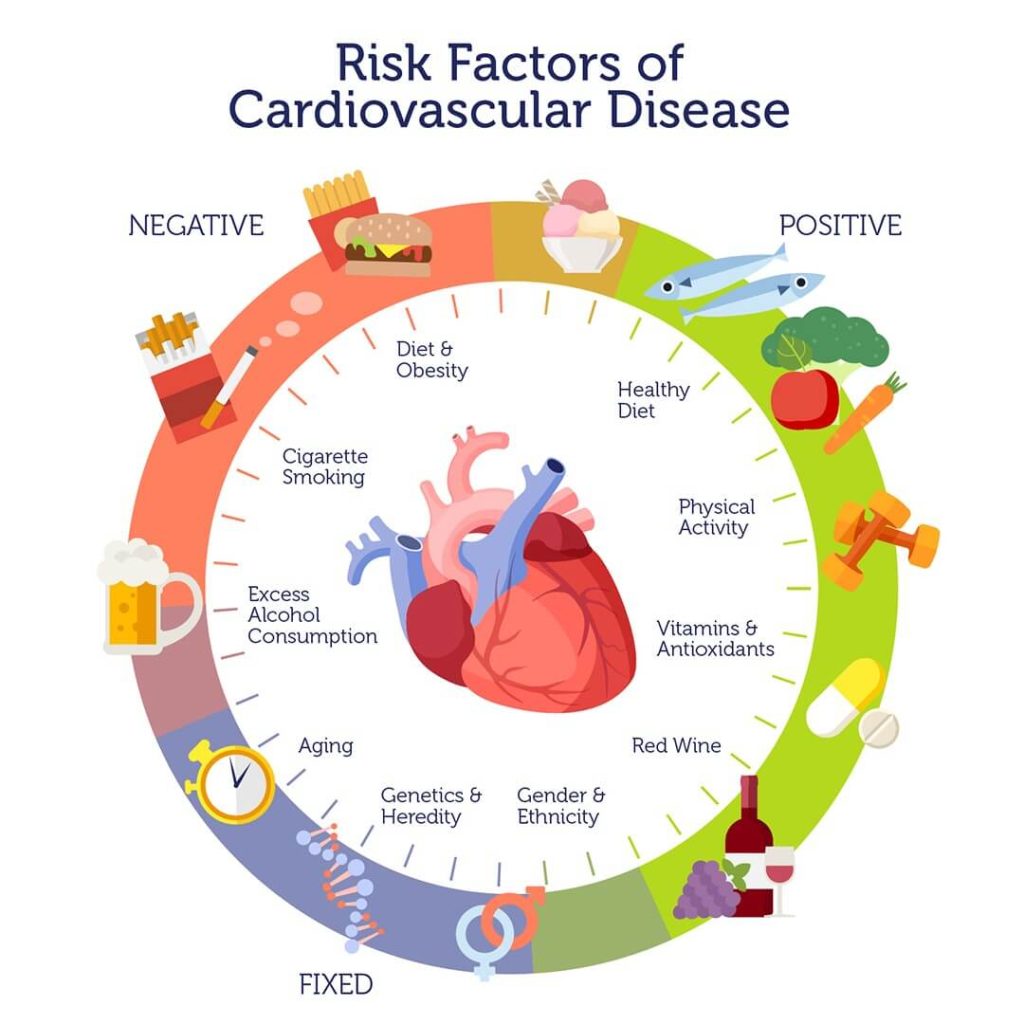
How it Works
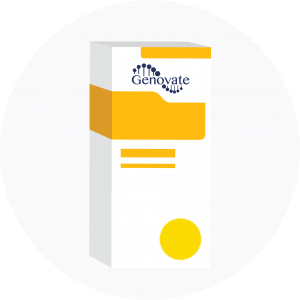
ORDER YOUR KIT
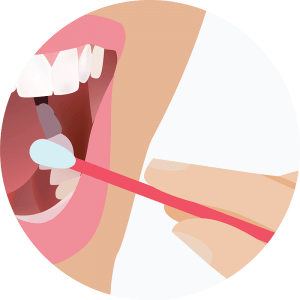
COLLECT & SEND



